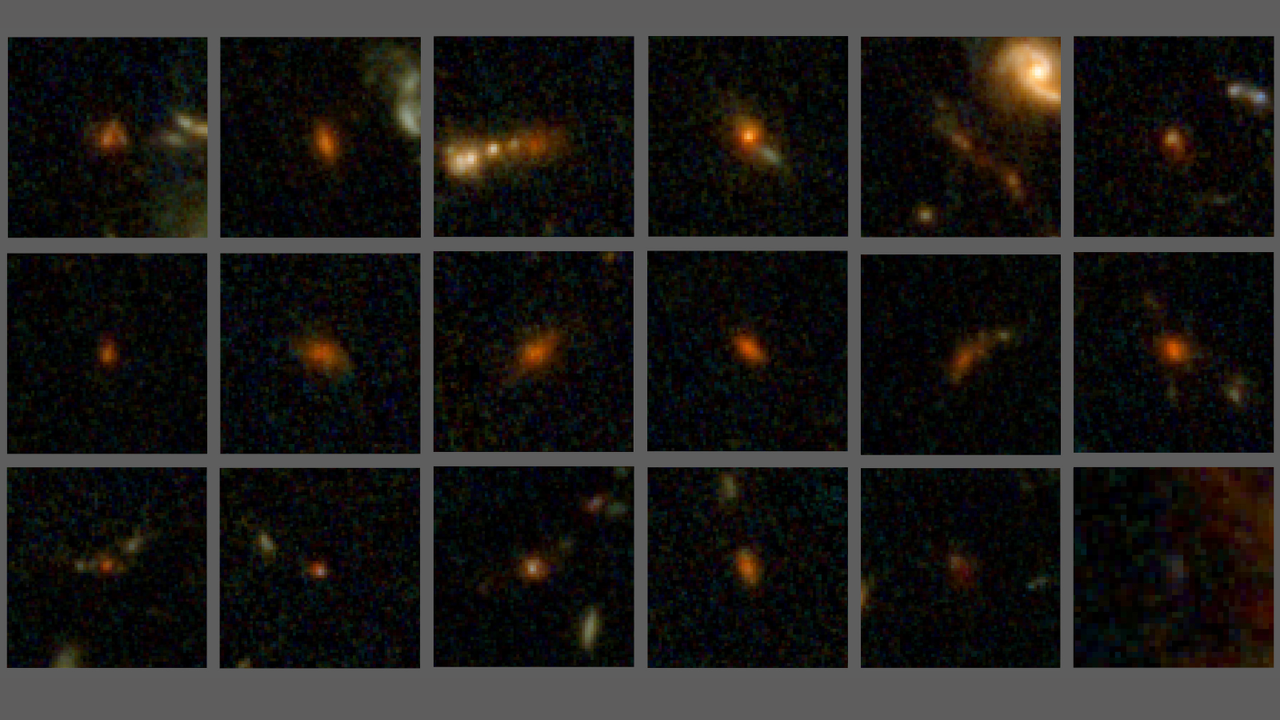The Naga Student's Federation (NSF) declared it would temporarily lift its siege after the Centre ordered paramilitary forces to clear the roads. And around 20 companies of the CRPF and the BSF have been deployed to clear National Highways 39 and 53 into the state.
But that it took so long for the blockade to end suggests the complicated and complex nature of the problem in the Northeast. It also posits the failure of the central and state governments to first control the situation and then intervene much earlier to end the blockade of two national highways to Imphal.
The result wasn't just the scarcity of essential goods, with attendant massive rice in prices of what was available, and the immense hardship ordinary people had to face, but a further deterioration in ethnic relations in the region. With perhaps that in mind, Union home secretary G K Pillai has convened a meeting with the chief secretaries of Nagaland and Manipur in New Delhi.
But the wider problem in the region is antagonistic ethnic politics entrenching itself to the point where the positions of the two camps are completely mutually exclusive — the idea of Naga integration, which means a greater Nagaland that includes parts of Manipur, leaves no room for the idea of preserving Manipur as it is.
The reason for the blockade wasn't just the Manipur government's decision to not let NSCN leader Th Muivah visit the village of his birth within Manipur, but also Naga opposition to ‘toothless' autonomous district councils, and the fears within Manipur that demands for such autonomy would bolster the claims for a greater Nagaland.
The area is almost a classic example of the formation of nationalism's , and the concurrent emergence of competing identity politics. For now, the Centre must, along with the state governments, work to reduce polarisation . Inclusive politics, ultimately, has to erode the notion that multiple ethnic identities cannot coexist. Even though the more than two month-long blockade of Manipur seems to be ending now, reports suggest trucks carrying essential supplies are yet to fully reach the state.
The Naga Student's Federation (NSF) declared it would temporarily lift its siege after the Centre ordered paramilitary forces to clear the roads. And around 20 companies of the CRPF and the BSF have been deployed to clear National Highways 39 and 53 into the state.
But that it took so long for the blockade to end suggests the complicated and complex nature of the problem in the Northeast. It also posits the failure of the central and state governments to first control the situation and then intervene much earlier to end the blockade of two national highways to Imphal.
The result wasn't just the scarcity of essential goods, with attendant massive rice in prices of what was available, and the immense hardship ordinary people had to face, but a further deterioration in ethnic relations in the region. With perhaps that in mind, Union home secretary G K Pillai has convened a meeting with the chief secretaries of Nagaland and Manipur in New Delhi.
But the wider problem in the region is antagonistic ethnic politics entrenching itself to the point where the positions of the two camps are completely mutually exclusive — the idea of Naga integration, which means a greater Nagaland that includes parts of Manipur, leaves no room for the idea of preserving Manipur as it is.
The reason for the blockade wasn't just the Manipur government's decision to not let NSCN leader Th Muivah visit the village of his birth within Manipur, but also Naga opposition to ‘toothless' autonomous district councils, and the fears within Manipur that demands for such autonomy would bolster the claims for a greater Nagaland.
The area is almost a classic example of the formation of nationalism's , and the concurrent emergence of competing identity politics. For now, the Centre must, along with the state governments, work to reduce polarisation . Inclusive politics, ultimately, has to erode the notion that multiple ethnic identities cannot coexist.









































.jpg)




























































